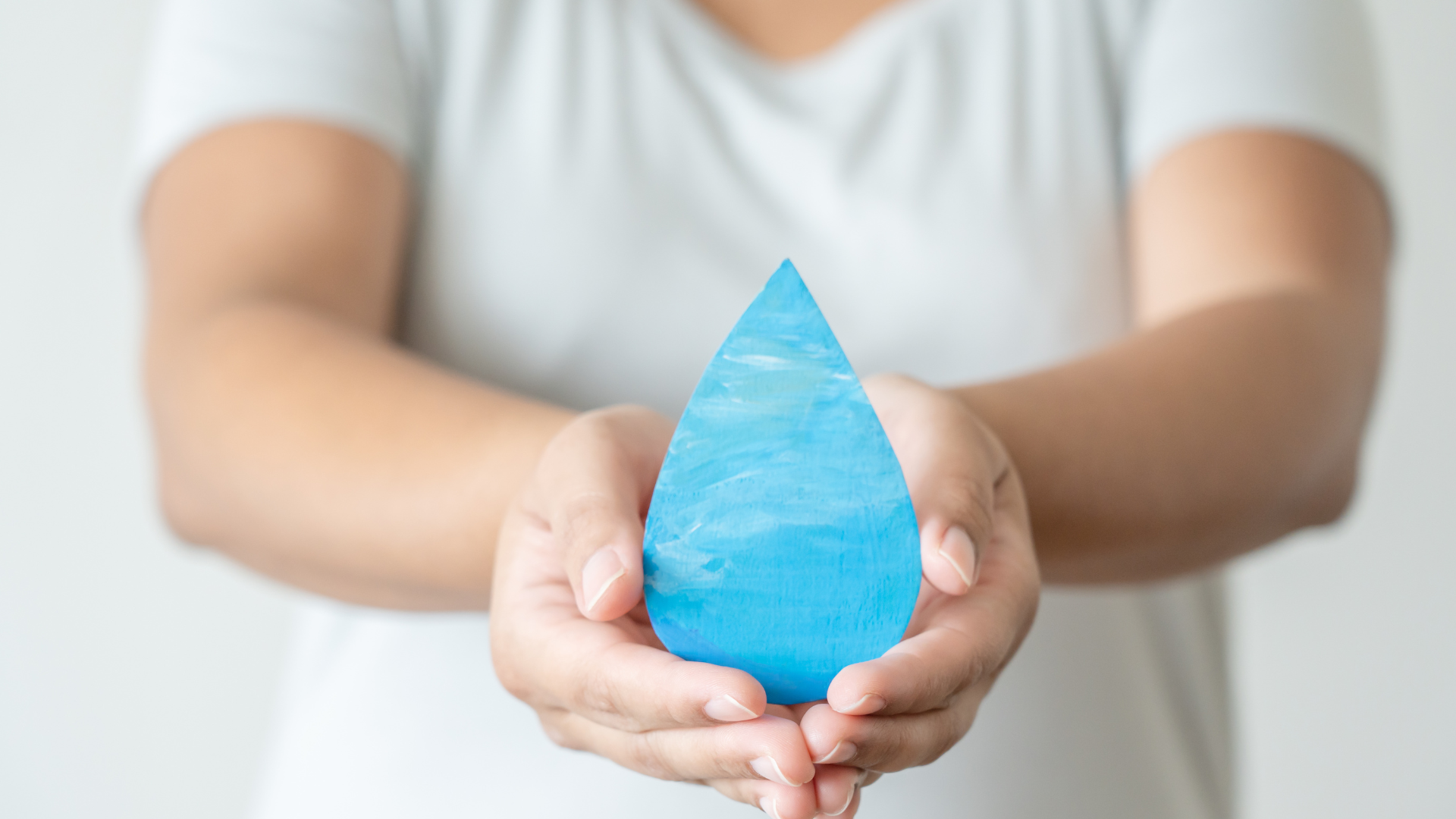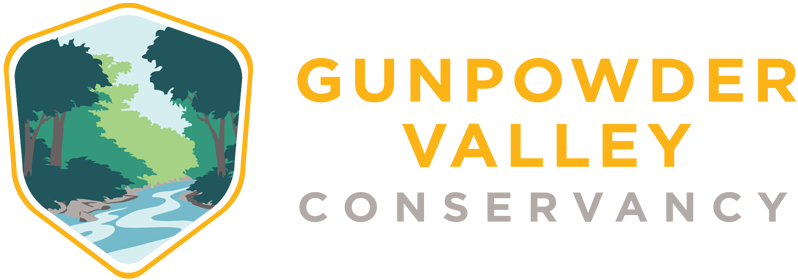
Think water conservation is only important during times of drought? Think again!
This guest blog post is a slightly modified version of an article previously printed in The Country Chronicle.
Preserving Water for Our Wild Neighbors
By John Canoles
Typical of recent years, the weather this summer has been unpredictable. In our area that means ranging from cool and dry one day to hot and humid the next. We already have endured, or I should say our local wildlife and wild plants have endured, long stretches of dry weather interspersed by periodic storm bursts and even some stretches of rain. The dog days of summer came early this year, predictably unpredictable, and we still have nearly two months of summer to go, at least on the calendar.
Hopefully, the waning half of summer will predictably begin to feel more like fall as it seems, at least to me, that the seasons are all shifting slightly, beginning and ending earlier than they used to. There is no scientific basis for that statement, just my impression of the unpredictable weather over the past 10 years or so.
Fortunately or unfortunately, we humans generally are buffered from the extremes of weather. The lives of a small segment of our neighbors, mostly the farmers among us, are still intimately tied to the patterns of the weather. Their fortunes often prosper or wither at the seemingly fickle whim of Mother Nature.
To the rest of us, weather is just a talking point and an occasional inconvenience. We are buffered by our air-conditioned lifestyles and, at least here in the east, ample water supplies that permit irrigation of lawns and gardens. Of course, we should learn a lesson from our far western neighbors and not take our water supply for granted. Everyone, whether supplied by public water or private wells, is at the mercy of the rain gods and there are no guarantees that our future will remain as drenched as the past.
Water conservation should be considered now before we are in dire straits. Whenever employed, there are many benefits of water conservation and not just during periods of water shortage or droughts, according to The Maryland Department of the Environment. Some less obvious benefits include reduced stress on the existing public water systems. Both drinking and wastewater systems can be overtaxed during periods of high water usage. Reduced use of well water also can help maintain groundwater quantities that support streams and wetlands. Over taxing of the groundwater system can lead to reduced function of critical wetlands which improve water quality through filtration, provide wildlife habitat and reduces erosion by slowing water runoff.
The average household uses 130,000 gallons of water per year. The Maryland Department of Natural Resources reports that as much as two-thirds of a household’s water usage occurs in just three rooms: kitchen, bathroom and laundry room. And there are many strategies — both great and small — that can help save water and money.
Installing water efficient appliances and toilets are one of the most effective ways to save water without compromising on the function of these items. Taking shorter showers was my Dad’s favorite strategy and plea, especially when my sisters were in high school. I do not enjoy “Navy showers” (turning off the water while you soaped or shampooed) but it is a water saver.
Other common sense conservation measures include: Only full loads when running the washer or dishwasher; turn off the water after you wet your toothbrush; cover swimming pools to reduce evaporation; and, install low-flow faucet aerators.
And a third of residential water usage occurs outside the house. Lawn and garden irrigation are big users of water but things like car washing and sidewalk cleaning with a hose also can waste a lot of water. Strategic irrigation with drip or soil soakers is more efficient than open spray irrigation. Irrigating in the early morning also helps reduce water demand and water waste. Mulching around trees and plants slows evaporation while discouraging weed growth.
Planting native species in landscape gardens also reduces the need to irrigate. Once native perennials are established, they are hardy enough to withstand significant drought hardships. Their leaves and flowers may wilt during the driest stretches but they generally respond well when natural precipitation returns. Annuals and non-native plants demand much greater water consumption.
Collecting rainwater in rain barrels or cisterns and then using that water for irrigation is a great way to save water. Most of the water delivered by those drenching summer thunderstorms runs right off the landscape and provides little value to our plants. Capturing that water in a rain barrel can extend the value of the water for several days without making any demand on ground or public water supply.
Using commercial car washes also can save a lot of water because those facilities are equipped to recycle the water used; consequently, much less water in a commercial car wash is wasted than when a car is washed at home. If you do wash the car at home, park it on your lawn so that the water at least is allowed to infiltrate the ground and not run off the pavement.
Another option is to be like me and just have a dirty car most of the time!
Using a broom or blower to clean up sidewalks is a huge water saver over using a hose. A hose running for five minutes can use up to 25 gallons of water.
At this point, you predictably are now excitedly considering ways you can conserve water for today and for our future. Hopefully, our water demands will never exceed its availability but, by implementing water saving strategies today, we can help preserve water for our future and for our wild neighbors.
__
John Canoles is a principal in the Jacksonville-based Eco-Science Professionals, Inc., an environmental consulting firm that, among other things, helps create backyard habitats and enhance stream bank stabilization. John welcomes your comments and questions by email.
Gunpowder Valley Conservancy (GVC) makes it easy for you to start conserving water! Just fill out our online interest form to be notified of GVC’s next rain barrel workshop in early 2024.
